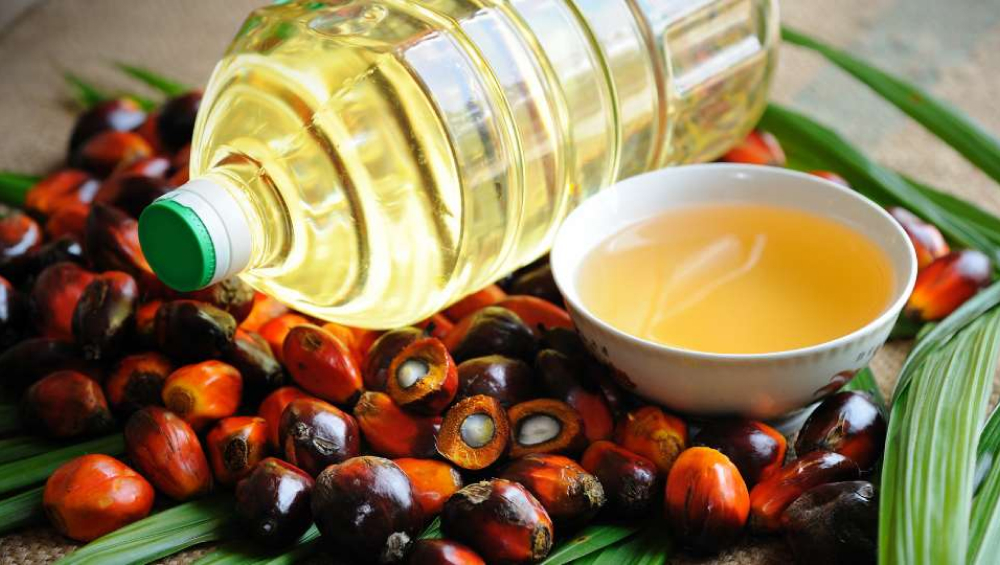Malaysian palm oil futures rose on Tuesday, July 30, driven by stronger performances in palm oil contracts on the Dalian Commodity Exchange and Chicago soy oil. The benchmark palm oil contract for October delivery on the Bursa Malaysia Derivatives Exchange increased by 11 ringgit, or 0.2%, to close at 3,916 ringgit ($847.62) per metric ton.
“Today’s rise in Bursa Malaysia crude palm oil futures was influenced by the recovery of Chicago soy oil futures from Monday’s early setback, as well as gains in South American crude degummed soybean oil FOB markets,” stated Anilkumar Bagani, head of commodity research at Mumbai-based Sunvin Group.
Market Action
Some bargain buying was observed in the futures market. The Dalian palm oil contract rose by 0.95%, while soy oil prices on the Chicago Board of Trade increased by 0.19%, although the Dalian soy oil contract declined by 0.6%.
Palm oil prices often move in tandem with those of other edible oils as they vie for a share of the global vegetable oils market. Indonesia raised its crude palm oil reference price for August to $820.11 per metric ton from $800.75 per ton in July but will keep the export tax and export levy unchanged, according to a trade ministry official.
The recent drop in crude palm oil prices has made it more competitive compared to other vegetable oils, as the price gap has narrowed, supporting current price levels. However, significant price increases may be limited if palm oil becomes more expensive relative to its alternatives.
Thus, sharp price changes are likely to quickly reverse and stabilize without strong fundamental shifts in demand and supply. Since May 2024, the palm oil market has been in a phase of price consolidation, forming a short-term symmetrical triangle with prices converging around RM3,930 per metric ton. A breakout from this pattern is expected within the next one to two weeks.
In May, Indonesia’s palm oil exports were 1.97 million metric tons, an 11.8% decrease from the previous year, according to data from the country’s palm oil association GAPKI. Additionally, Indonesia’s Trade Ministry is considering revising the domestic market obligation rules for palm oil, which could potentially alter the prices for certain types of products sold locally.

Market Outlook
Looking ahead, analysts from Philip Nova forecasted that an upward trend for the coming month, with immediate resistance at RM4,150 per metric ton and stronger resistance at RM4,500 per metric ton, aligning with the resistance line of the longer-term pattern. Conversely, if market fundamentals cause a downside breakout from the symmetrical triangle, support levels are anticipated at RM3,800 and RM3,500 per metric ton. This would align with the longer-term pattern expected to conclude by Q2 2025, targeting the RM4,500 resistance level by then.
The Malaysian ringgit, crucial in crude palm oil futures trading, shows potential for appreciation against the US dollar. This suggests limited upside potential for palm oil prices due to increased costs for US dollar holders, which could dampen demand.
Bursa Malaysia Derivatives (BMD) Palm Oil Futures Contract Specifications
Contract Code: FCPO
Contract Size: 25 metric tons
Minimum Price Fluctuation: RM 1 per metric ton (RM 25 per contract)
Contract Months: Monthly contracts for 36 consecutive months
Final Trading Day: 15th day of the contract month. If the 15th is a non-market day, the final trading day is the last market day preceding the 15th.
Trading Hours (MYT – Malaysia Time)
Morning Session:
Pre-Open: 10:00 AM – 10:30 AM
Trading: 10:30 AM – 12:30 PM
Afternoon Session:
Pre-Open: 2:00 PM – 2:30 PM
Trading: 2:30 PM – 6:00 PM
东证期货国际(新加坡)简介
东证期货国际(新加坡)私人有限公司是上海东证期货有限公司的直属全资子公司,也是东方证券股份有限公司的间接控股子公司。
作为持有新加坡金融管理局(MAS)颁发的《资本市场服务许可证》的机构, Singapore Exchange (SGX), Asia Pacific Exchange (APEX), and ICE Futures Singapore (ICE SG). Starting August 2023, corporate clients can also gain access to the 进入巴西交易所, through us, opening additional trading avenues.
东证期货新加坡是亚太交易所、新加坡衍生品交易所以及洲际新加坡交易所的 交易和清算会员, 为客户提供覆盖国际市场的综合交易服务。



